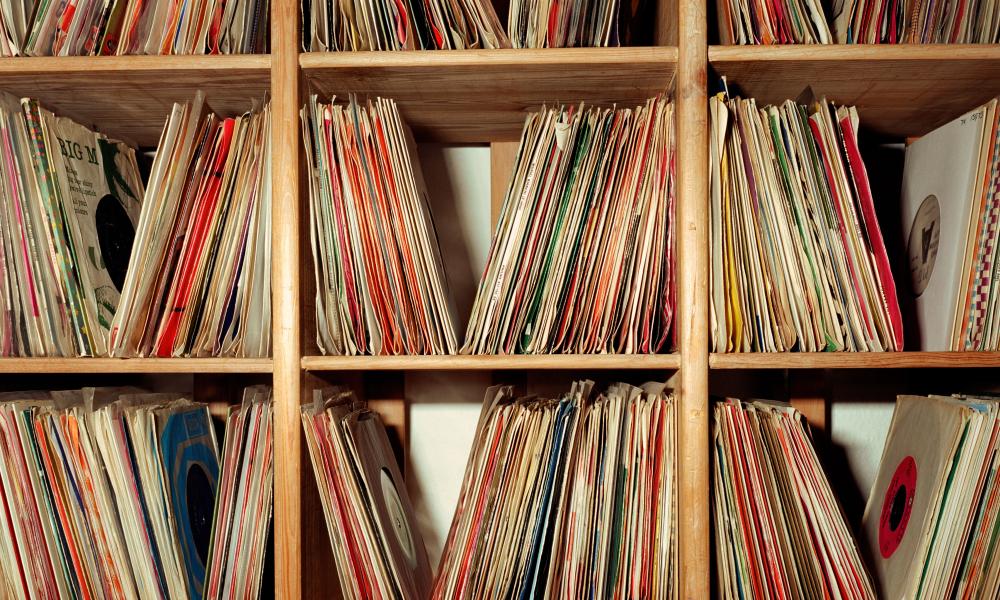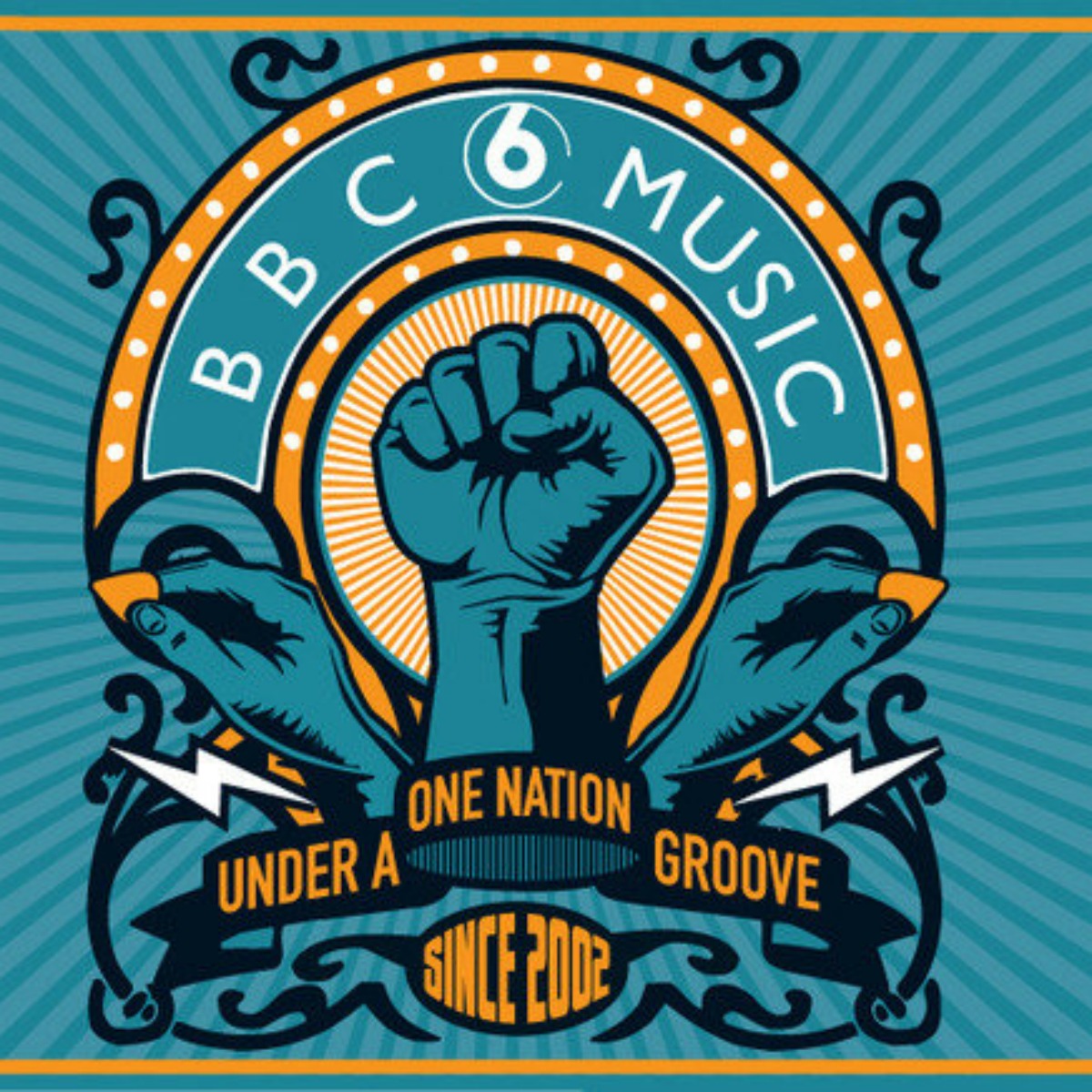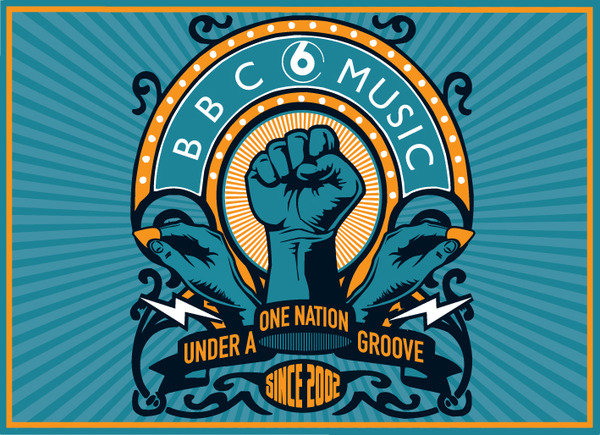
I’m not two weeks into 2018 and I still haven’t gone to the gym, started paying my student loans, or repaired the ripped and button-less pile of clothing in my bedroom. Fortunately, I’m not alone. How long do most people last when attempting their new routines – the ones drafted under that misleading label New Year’s Resolutions? Is your credit already improving? Do you see abs forming on your once shapeless midriff? If the answer is “yes” to either of those questions, please do not tell me.
The expectation to do better the moment the clock strikes 12:00 can be absurd and daunting, especially for someone like me who really falls for it and formulates not one resolution, but a litany of them. Sometimes they are as vague as, “Get your life together!!!” Other times they are simple yet wildly inefficient, like the year I was going to “wear heels more.”
Resolutions that necessitate reversing our lifestyles and personalities (like that one about heels) seem to be the goals that don’t stick, so this year I’m sticking to what I know instead. I figure that if the bulk of my New Year’s resolutions revolve around music, I might actually tick them off my list. So here they are, my six reasonable, totally doable, music-related goals for 2018.
1) Go to more shows (and keep a record of each one).
I say this every year: That I will a) go to more shows, and b) designate a notebook simply for the purpose of recording each one I attend. Going to more shows is the easy part; if I really put my mind to it, I bet I could average between one and three a month. The hard part is remembering to write them down. I don’t need a florid play-by-play of each song and coat check line, just the band names, date, and venue.
I’m aware of that endless archive called the Internet, but I have an affinity for lists on good old-fashioned paper. I have plenty of notebooks allocated to specific subjects, and it doesn’t sound difficult to do the same for concert-going, but I always manage to forget. By the time the year is out, I can’t possibly remember all of the shows I’ve been to, let alone dates and venues, without having to spend a few hours sifting through the web. It’d be nice to just flip to a page marked: “Shows, 2018” and relive the memories via bullet points.
2) Read that enormous book about John Peel that’s been on my bookshelf for ages.
About two years ago, when I was still working as a panty designer and listening to the gospel of BBC6 Music everyday, DJ Jon Hillcock was singing the praises of David Cavanagh’s book, Good Night and Good Riddance. The 605 page tome about John Peel has been sitting on my bookshelf ever since, as I purchased it immediately after Hillcock’s endorsement. The problem with the book is not its subject matter – I am a huge admirer of Peel, the late Radio 1 DJ. The problem lies in those 605 pages, and the fact that they make the book so large that it fails my commuter reading test, the criteria being: can I comfortably hold the book with one hand while the other grabs the subway pole? The answer for this paperback is: No. Alas, I will have to grin and bear the hand cramps sooner or later… because I really do want to read it.
3) Listen to more radio.
Some of my favorite music has been funneled into my ears by the loving DJs at stations like KEXP, BBC6 Music, and Brooklyn’s Lot Radio. Lately however, my radio ration has decreased in size. Where once I listened daily, now I do so monthly. This is silly. What’s sillier is that I’ve never even visited the Lot Radio, despite their throwing constant shindigs right off of my train line. However, considering the station’s limited indoor space, perhaps I will wait until spring 2018 to pop by…
4) Re-learn the small amount of piano I learned over a year ago.
Between the summers of 2015 and 2016 I took piano lessons once a week in Greenpoint’s San Damiano Mission (across the street from the Lot Radio). I was a determined student initially, but after a few months I let my practice regimen slip. A year later the lessons ended due to my dwindling cash flow, and though I would love to start them up again, they’re not quite within my budget yet. Even if I could afford them, I’d still want to refresh my “abilities” before facing my teacher again. I suspect this will be the most difficult item to achieve on this list, as it takes the most discipline, patience, and humiliation.
5) Go record shopping more.
Like piano lessons, this goal is contingent upon financial stability. However unlike piano lessons: I can write it off! There used to be a wonderful record shop called Sideman Records (sister shop to Captured Tracks in Greenpoint) just a 15-minute walk from my house. Sadly, it closed, and I’ve found my record store purchases diminishing ever since. One goal for 2018 is to go to record shops I’ve never been to, like Human Head in Bushwick and House of Oldies in the West Village. These spots may not be walking distance from my apartment, but that’s no excuse to not support them.
6) For the love of God: Order crates for my records.
This resolution addresses one of my most shameful secrets as a music journalist: that my record collection follows no rhyme or reason or system of organization. My albums are stacked against a wide shelf in my bedroom, seemingly arranged in a way that displays “What I’ve been listening to the most lately” in the front and buries “What I often completely forget I own” in the back. This anti-system nurtures a habit in which I listen to the same thing (Smog) over and over and over again, and leave other records (James Chance and the Contortions, Phil Collins) completely untouched. My hope is that crates would help me categorize my vinyl and give it a dignified home that would ward off warping. I currently have my LPs propped up with the dumb bells I’m supposed to be using to “get in shape,” which are protecting my vinyl just as much as they are sculpting my deltoids.





